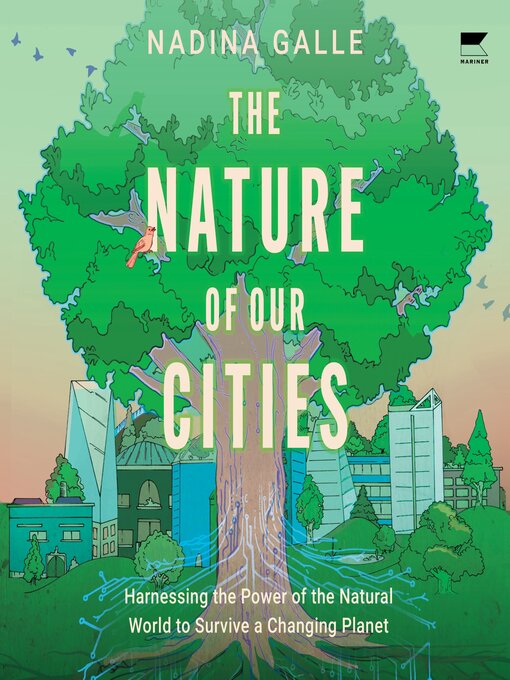In the tradition of Elizabeth Kolbert and Michael Pollan, The Nature of Our Cities is a stirring exploration of how innovators from around the world are combining urban nature with emerging technologies, protecting the planet's cities from the effects of climate change and safeguarding the health of their inhabitants.
We live in an age when humanity spends 90% of its time indoors, yet the nature around us—especially in America's cities—has never been more vital. This distancing from nature has sparked crises in mental health, longevity, and hope for the next generation, while also heightening the risks we face from historic floods, heatwaves, and wildfires. Indeed, embracing nature holds untapped potential to strengthen and fortify our cities, suburbs, and towns, providing solutions spanning flood preparation, wildfire management, and promoting longevity. As ecological engineer Dr. Nadina Galle shows in The Nature of Our Cities nature is our most critical infrastructure for tackling the climate crisis. It just needs a little help.
A fellow at MIT's Senseable City Lab and selected for Forbes' 30 under 30 list, Galle is at the forefront of the growing movement to fuse nature and technology for urban resilience. In THE NATURE OF OUR CITIES, she embarks on a journey as fascinating as it is pressing, showing how scientists and citizens from around the world are harnessing emerging technologies to unlock the power of the natural world to save their cities, a phenomenon she calls the "Internet of Nature." Traveling the globe, Galle examines how urban nature, long an afterthought for many, actually points the way toward a more sustainable future. She reveals how technology can help nature navigate this precarious moment with modern advances such as:
Optimistic in spirit yet pragmatic in approach, Galle writes persuasively that the future of urban life depends on balancing the natural world with the technology that can help sustain it. By turns clear-eyed and lyrical, THE NATURE OF OUR CITIES marks the emergence of an invigorating, prescient new talent in nature writing.


